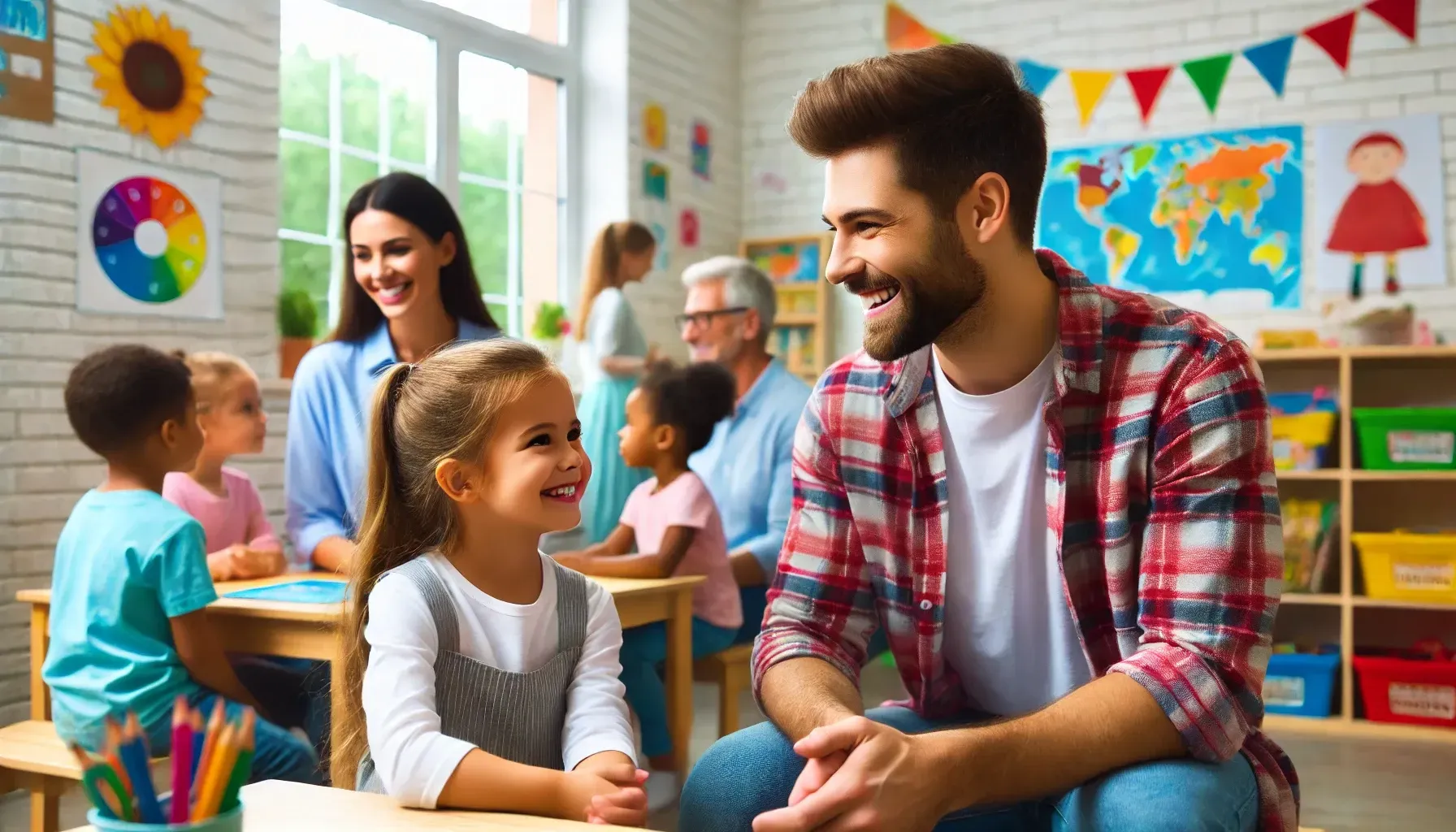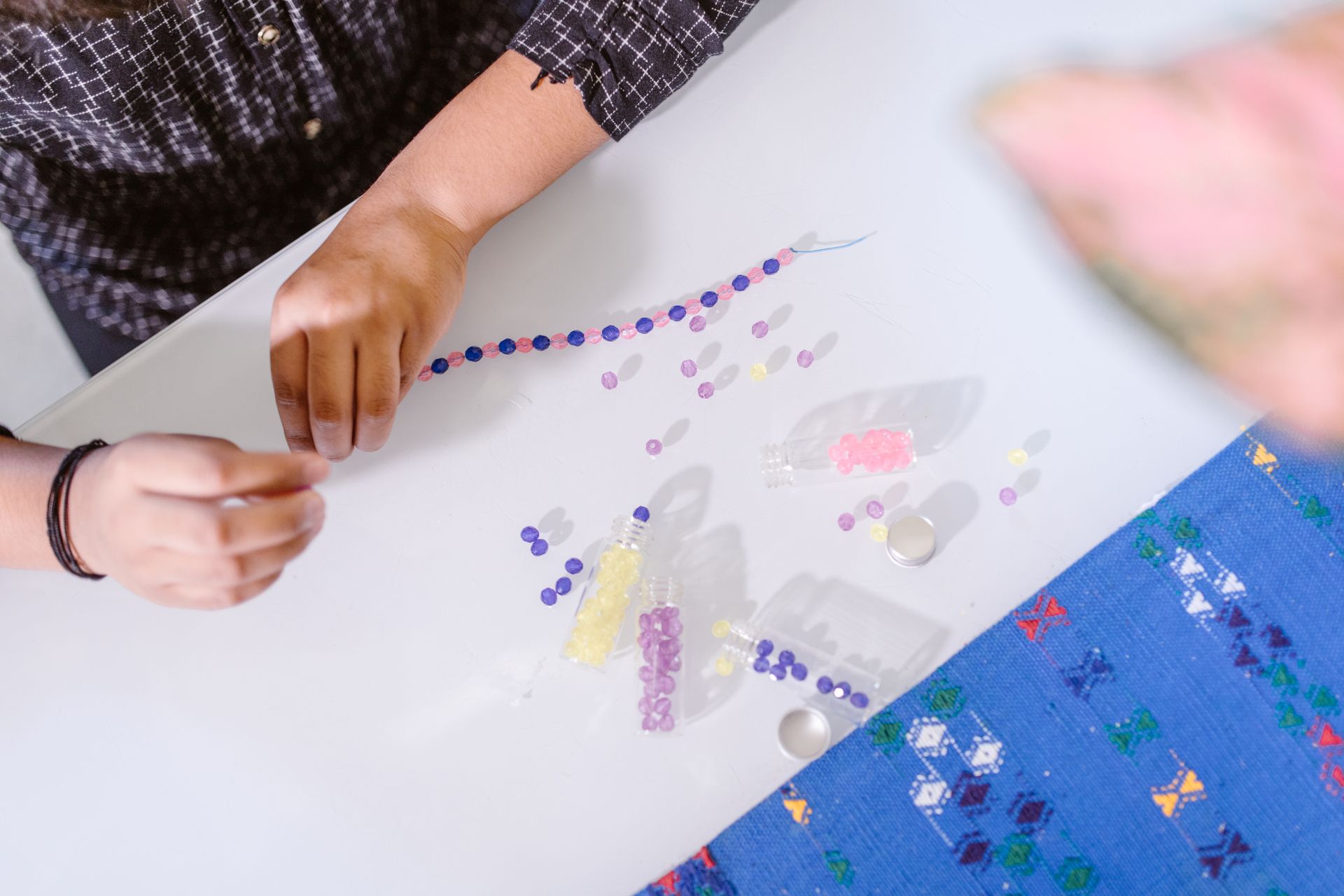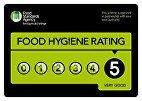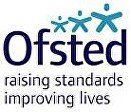Building a Strong Parent-Teacher Relationship
Building a Strong Parent-Teacher Relationship

A strong parent-teacher relationship is crucial for the educational and emotional development of a child. When parents and teachers work together, children are more likely to succeed academically, socially, and emotionally. This article explores the importance of this relationship and provides practical strategies for building and maintaining a strong partnership between parents and teachers.
Understanding the Parent-Teacher Relationship
Definition and Significance
The parent-teacher relationship refers to the collaborative and communicative partnership between a child's parents and their teachers. This relationship is significant because it directly impacts the child's learning experience, behavior, and overall well-being. When parents and teachers are aligned, children receive consistent messages about the importance of education and feel supported both at home and in school.
Roles and Responsibilities of Parents and Teachers
Parents are responsible for supporting their child's learning at home, ensuring they complete homework, and providing a conducive environment for studying. Teachers, on the other hand, are responsible for delivering quality education, understanding each child's needs, and communicating progress to parents. Both parties need to work together, sharing insights and strategies to support the child's development.
Impact on a Child's Educational Experience
A strong parent-teacher relationship can lead to improved academic performance, better behavior, and a positive attitude towards school. Children feel more secure knowing that their parents and teachers are in communication and working together to support their success.
Establishing Open Communication
Importance of Regular Communication
Regular communication between parents and teachers is essential for staying informed about the child's progress and addressing any issues promptly. Establishing a routine for communication ensures that both parties are on the same page regarding the child's needs and achievements.
Effective Communication Methods
Effective communication methods include emails, phone calls, in-person meetings, and using school communication platforms. Parents should feel comfortable reaching out to teachers and vice versa. Setting clear expectations about response times and preferred communication channels can enhance this process.
Setting Expectations and Boundaries
Clear expectations and boundaries help maintain a professional and respectful relationship. Parents and teachers should agree on the best times and ways to communicate, respecting each other's schedules and commitments. This mutual understanding fosters a more productive and positive relationship.
Participating in School Activities
Attending Parent-Teacher Meetings
Parent-teacher meetings are vital for discussing a child's progress, addressing concerns, and setting goals. Regular attendance at these meetings shows the child that their education is a priority and that their parents are actively involved in their learning.
Volunteering for School Events and Activities
Volunteering at school events and activities allows parents to be more involved in the school community. It provides opportunities to build relationships with teachers and other parents, fostering a sense of community and support.
Engaging in Classroom Activities and Projects
Parents can engage in classroom activities and projects by offering their skills, resources, or time. This involvement not only supports the teacher but also shows the child that their parents value their education and are willing to contribute to their learning environment.
Supporting Learning at Home
Creating a Conducive Learning Environment
A conducive learning environment at home includes a quiet, well-lit space for studying, free from distractions. Parents should ensure that their child has all the necessary supplies and resources for completing their homework and studying effectively.
Assisting with Homework and Assignments
Parents should take an active role in assisting with homework and assignments, ensuring that the child understands the tasks and completes them on time. However, it's important to strike a balance, providing help without doing the work for the child.
Encouraging Educational Activities Outside of School
Encouraging educational activities outside of school, such as reading, visiting museums, or engaging in educational games, helps reinforce learning and make it fun. These activities broaden the child's knowledge and stimulate their curiosity.
Addressing Concerns and Issues
Approaching Sensitive Topics with Empathy and Respect
When addressing sensitive topics, it's crucial to approach them with empathy and respect. Parents and teachers should listen to each other's perspectives, validate concerns, and work together to find solutions that benefit the child.
Collaborating to Find Solutions
Collaboration is key to resolving issues effectively. Parents and teachers should brainstorm together, consider different approaches, and implement strategies that address the root cause of the problem. Regular follow-ups ensure that the solution is working and adjustments can be made if necessary.
Seeking Additional Support When Necessary
Sometimes, additional support from counselors, specialists, or administrators may be necessary. Parents and teachers should not hesitate to seek this help when needed, ensuring that the child receives the best possible support.
Celebrating Achievements and Progress
Recognizing and Celebrating Milestones
Celebrating milestones, both big and small, reinforces positive behavior and motivates the child to continue striving for success. Acknowledging achievements shows the child that their efforts are valued and appreciated.
Providing Positive Reinforcement and Encouragement
Positive reinforcement and encouragement boost the child's confidence and self-esteem. Parents and teachers should regularly praise the child's efforts and accomplishments, providing specific feedback that highlights their strengths.
Sharing Successes with the School Community
Sharing successes with the school community, such as through newsletters or social media, fosters a sense of pride and community. It also encourages other students and parents to strive for excellence.
Building Trust and Mutual Respect
Demonstrating Respect for Teachers' Expertise
Parents should respect teachers' expertise and professionalism, valuing their insights and experience. Trusting the teacher's judgment and decisions creates a supportive and collaborative environment.
Being Transparent and Honest in Communication
Transparency and honesty in communication build trust. Parents and teachers should be open about any concerns, challenges, or changes that may affect the child's learning. This honesty fosters a more effective partnership.
Maintaining Consistency and Reliability
Consistency and reliability are essential for building trust. Parents and teachers should follow through on commitments, be punctual for meetings, and provide consistent support to the child.
Fostering a Collaborative Environment
Working Together on Common Goals
Working together on common goals, such as improving the child's reading skills or behavior, ensures that efforts are aligned and more effective. Collaboration enhances the likelihood of achieving these goals.
Sharing Insights and Perspectives
Sharing insights and perspectives about the child's strengths, challenges, and preferences provides a more comprehensive understanding of their needs. This collaborative approach helps tailor support to the child's unique requirements.
Being Open to Feedback and Suggestions
Being open to feedback and suggestions from both sides fosters a growth mindset. Parents and teachers should be willing to learn from each other and adapt their strategies to better support the child.
Utilizing Technology for Communication
Leveraging School Communication Platforms
School communication platforms, such as parent portals or apps, provide a convenient way to stay updated on the child's progress, receive important announcements, and communicate with teachers.
Using Educational Apps and Tools for Updates
Educational apps and tools can be used to track homework assignments, monitor grades, and share resources. These tools make it easier for parents to stay involved and support their child's learning.
Ensuring Accessibility and Ease of Use
Ensuring that communication tools are accessible and easy to use for all parents is crucial. Schools should provide training or support to help parents navigate these platforms effectively.
Understanding Cultural and Individual Differences
Being Aware of Cultural Sensitivities and Backgrounds
Awareness of cultural sensitivities and backgrounds helps build a respectful and inclusive relationship. Parents and teachers should consider cultural norms and values when communicating and planning activities.
Adapting Communication Styles
Adapting communication styles to suit the preferences and needs of the parents and teachers involved can enhance understanding and cooperation. This may involve using different languages, tones, or communication methods.
Respecting Diverse Perspectives and Experiences
Respecting diverse perspectives and experiences fosters a more inclusive and supportive environment. Parents and teachers should value each other's viewpoints and work together to create a positive experience for the child.
Promoting a Positive School Culture
Encouraging Involvement in School Initiatives
Encouraging involvement in school initiatives, such as fundraisers, committees, or extracurricular activities, strengthens the school community. Active participation demonstrates a commitment to the child's education and the school's success.
Supporting School Policies and Programs
Supporting school policies and programs ensures consistency and reinforces the importance of rules and expectations. Parents and teachers should collaborate to promote a positive and respectful school culture.
Advocating for a Positive and Inclusive Environment
Advocating for a positive and inclusive environment benefits all students. Parents and teachers should work together to address any issues related to bullying, discrimination, or exclusion, ensuring that the school is a safe and welcoming place for everyone.
Maintaining a Long-Term Relationship
Building Rapport Over Time
Building rapport over time requires ongoing effort and engagement. Regular communication, positive interactions, and mutual support strengthen the parent-teacher relationship and benefit the child.
Staying Engaged Through Transitions
Staying engaged through transitions, such as moving to a new grade or school, provides continuity and stability for the child. Maintaining communication and involvement helps ease these transitions and ensures ongoing support.
Continually Reassessing and Strengthening the Relationship
Continually reassessing and strengthening the relationship ensures that it remains effective and supportive. Regularly evaluate the communication methods, goals, and strategies to adapt to the child's evolving needs.
Conclusion
A strong parent-teacher relationship is fundamental to a child's success in school and beyond. By establishing open communication, participating in school activities, supporting learning at home, and building trust and mutual respect, parents and teachers can create a collaborative and supportive environment. Prioritizing this relationship benefits the child, parents, and teachers, fostering a positive educational experience for all.
FAQs
1. Why is a strong parent-teacher relationship important?
A strong parent-teacher relationship enhances a child's academic performance, behavior, and overall well-being by providing consistent support and communication between home and school.
2. How can parents improve communication with teachers?
Parents can improve communication by regularly using emails, phone calls, in-person meetings, and school communication platforms, and by setting clear expectations and boundaries.
3. What are some ways parents can support learning at home?
Parents can support learning at home by creating a conducive learning environment, assisting with homework, and encouraging educational activities outside of school.
4. How can parents and teachers address conflicts or concerns?
Conflicts or concerns can be addressed by approaching sensitive topics with empathy, collaborating to find solutions, and seeking additional support when necessary.
5. How can technology enhance the parent-teacher relationship?
Technology can enhance the relationship by providing convenient communication platforms, educational apps, and tools for updates, and ensuring accessibility and ease of use.
GLOBAL KIDS DAY CARE LIMEHOUSE
Lascar Wharf Community Centre, Limehouse, London, E14 7FN. | Tel: 0207 001 1210 Email: limehouse@globalkidsdaycare.co.uk
GLOBAL KIDS DAY CARE MILE END
21 Burdett Road, Mile End, London, E3 4TU. | Tel: 0208 980 1706 Email: mile-end@globalkidsdaycare.co.uk
GLOBAL KIDS DAY CARE ALDGATE EAST
52 Old Castle Street, Aldgate East, London E1 7AJ. | Tel: 0203 302 7800 / Mobile: 07823 770035 | Email: aldgateeast@globalkidsdaycare.co.uk
Opening Times: 8am - 6pm

















